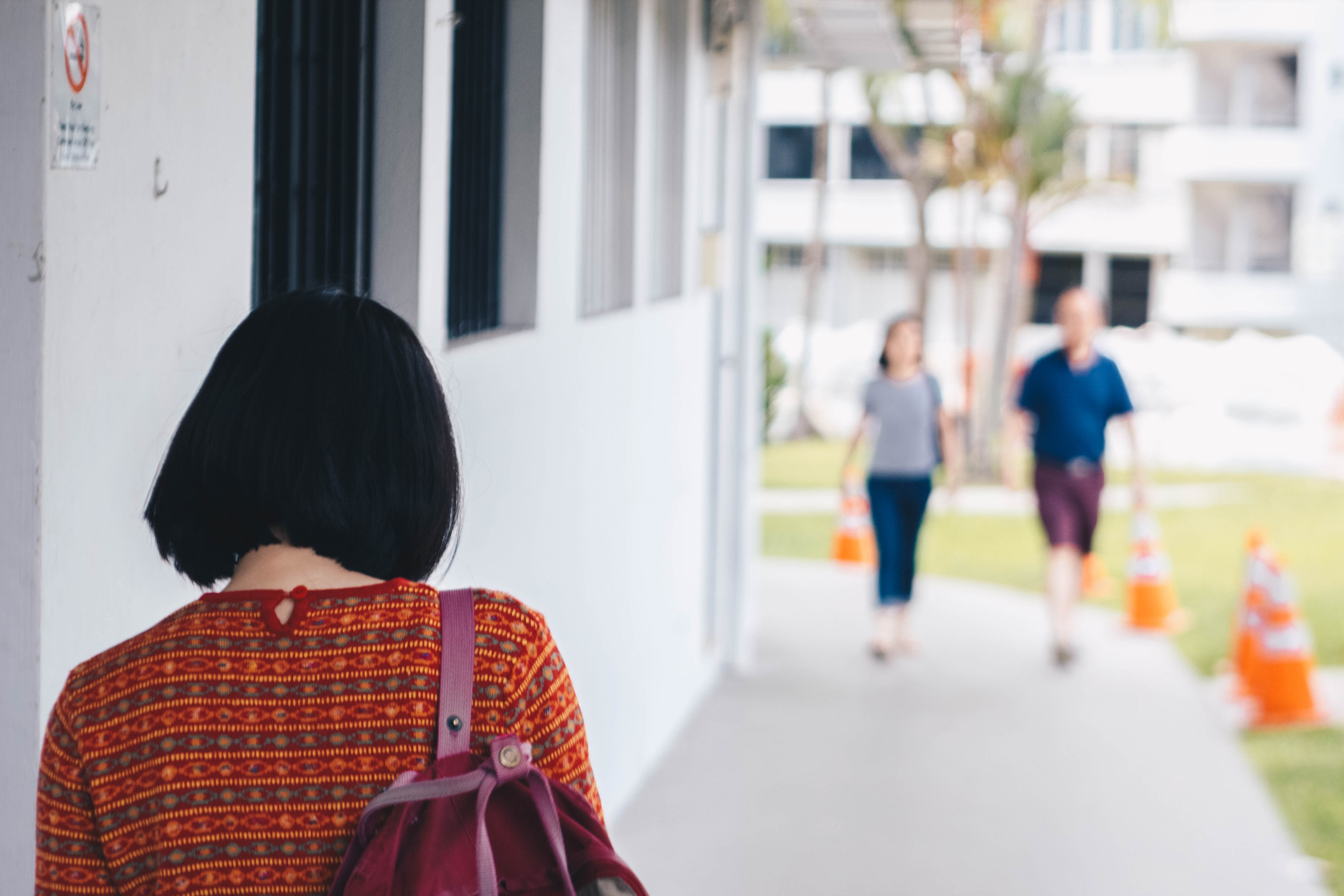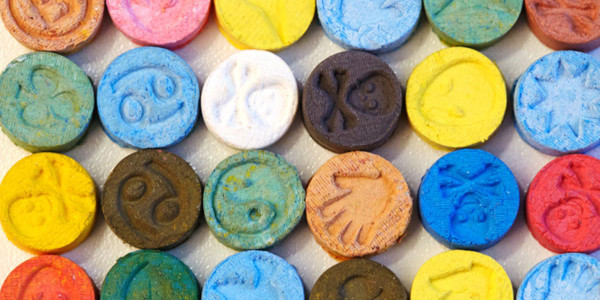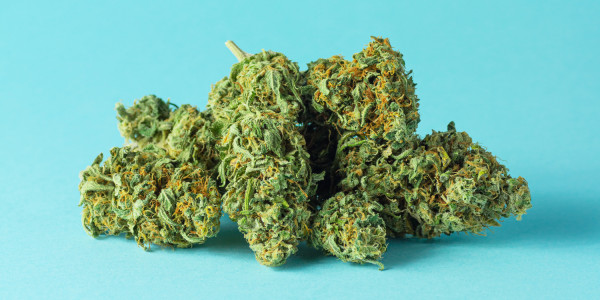
This piece was originally published on The Spinoff by Naomii Seah.
A lack of meaningful research has created a void of understanding about how a large portion of our population uses and doesn’t use drugs.
Aotearoa’s Asian population comprises a remarkably diverse set of communities, with ethnic and cultural origins spanning an enormous area of the world. But despite that diversity, a long list of flattening assumptions has consistently contributed to a lack of targeted healthcare services for Asian New Zealanders. Our knowledge and understanding of drug use among the community is no exception.
For drugs, as with alcohol, Asians are often assumed to be at lower risk due to sparse data – the last large-scale attempt at characterising drug use among Asians in New Zealand was a report released in 2004. The Asian-New Zealand population has more than doubled in the 18 years since, and while poor mental health is a known risk factor for harmful drug-taking behaviours, many of the community’s needs in that area remain dangerously underserved.
The persistent stigma within Asian communities around drug use is also often cited in these discussions. On a somewhat similar note, the 2004 report points to the myth of the model minority and how it intersects with drug stigma: stereotypes say that Asians are hard-working and smart, so they won’t use drugs, therefore no drug-harm reduction is needed.
But not only are these narratives false, they’re also harmful. People use drugs in all communities, and experiences of drug-use within and between different ethnic backgrounds vary widely too. Below, four second-generation Asian New Zealanders talk about how drugs have played and continue to play a part in their lives.

Tim
“I’m figuring things out as I go, but very recently I actually got a diagnosis for ADHD.”
A student at the University of Auckland, Tim describes himself as being from a “very traditional, Indian Christian household.” He admits he’s been very “sheltered” and only recently started his journey with drug-use.
“My parents taught me that a lot of things were very bad for you. They thought things like pre-workout [supplements] were drugs,” he says.
So when Tim received his ADHD diagnosis, his parents “very strongly encouraged” him against taking even prescribed drugs like Ritalin, which can help to reduce some ADHD symptoms. He’s currently navigating the diagnosis and possible medications, but has found that cannabis can help him work, “actually quite well”.
Tim has been a recreational cannabis user for the past two years, and describes himself as a frequent weed smoker. He’s still learning a lot about how the drug affects him, the benefits and side-effects.
He says the biggest hurdle was getting past the stigmas which were so present in his whānau growing up. “Weed was like heroin” in his parent’s eyes, Tim says. “I had to go between the experiences that my parents had in India and what they taught me, and then what I’ve learned on my own through personal experience.”
Through research and through speaking to experts, Tim has come to recognise drug use as an issue that’s been “very politicised”. He was also surprised to learn that cannabis is “actually a very big part of Indian culture, especially in Hinduism.” That culture changed during the British occupation, and the colonial attitudes have stuck since.
Learning this history empowered Tim to tell his parents about his cannabis use. He started with a couple of casual conversations to gently normalise some aspects of the drug, before sharing educational resources and medical evidence with them. It took a lot of work, but in the end Tim believes the effort was worth it to be able to be honest about his use.
Tim says he has many friends who don’t have the “luxury” of being so open with their parents, and hopes his story can help alleviate some of the drug stigma in local Asian communities. Ultimately, he hopes that first generation parents like his can understand that the culture their children live in may be very different from the ones they grew up in, and learning to see these things from their children’s perspective can make a huge difference.
Tim wants to encourage other second generation children to be open with their family, but acknowledges that may not always be the safest option. “I think it’s too much of an important topic to keep to yourself, especially as it’s not something that gets a lot of media attention – unless it’s negative. Definitely talk to someone if you’re not able to talk to your parents.”

Megan
“Sometimes I get really anxious and it’s just like, “well, have a cone”. Because it’s not like my doctor is gonna give me anything that can help me, and who can fucking afford to go to therapy every week?”
Megan lives and works full-time in Christchurch, and like many young New Zealanders, was first exposed to cannabis use in high school. She’s done other drugs like MDMA and ketamine, but says she stays away from those since her friend died of an overdose a few years ago. “I just don’t want to risk myself in the same way,” she says.
For Megan, drug use and mental health are deeply intertwined. Becoming a more regular cannabis smoker during the first Covid-19 lockdown, she says her usage has recently slowed somewhat.
“I’ve definitely been more reliant on weed in the past… it’s definitely been more unhealthy.”
Megan says that her drug use is very influenced by her environment. When she was in an unhealthy relationship and in a bad working environment, she was smoking “way, way more”. Now in a far healthier place with work and personal relationships, she still enjoys weed recreationally, but is smoking far less frequently.
Megan says it’s been support and understanding from the people around her that have helped her through the times when she’s been more dependent on weed.
“I have a terrific flatmate who is so understanding, and we’ve talked before about how when you get more reliant [on drugs] it’s often because of something else in your life,” she says.
Megan says her Singaporean mother is “super anti-drug” – if she ever needed help, she’d sooner turn to friends. “I don’t think I’d ever go to mum and be like, ‘Here’s what’s going on.'”
“It almost negatively impacts our relationship. Drug harm reduction is something that I’m super interested in, and I don’t think making drugs illegal is the way to go about it. It’s been a huge point of contention between us, especially during the last election,” says Megan.
Megan says her dad’s views are more relaxed than her mother’s, and although she does face drug stigma within her immediate family, she doesn’t feel ashamed of her use. Megan believes she’s now built a relatively healthy relationship with cannabis, and says that ultimately she wants users to stay safe while using any drug recreationally.
“You can definitely put yourself in compromising positions when you’re under the influence, so it’s important to use safely, and with people you trust.”
John*
“I started smoking weed in year nine,” says John*. He’s now a student at the University of Otago, where he’s continued experimenting with other drugs.
“I did acid in year 12 for the first time. Did MDMA in year 13, ‘shrooms in year 13… a bit of ket when I went to uni, and I’ve done coke now as well.”
John attributes this early start with cannabis to the influence of the music he was listening to and the relationships around him. But he says since he was young he’s felt as if he lived two lives: “an outside, English-speaking life, and then at home speaking my family language”.
John’s mum is a single parent, and he says it never crossed his mind to talk with her about his drug use. “It was just like, never a question that I’d ever do that.”
“I know her values. I think she’d be better off not knowing,” says John. He says his mother comes from such a different world that there are many things he doesn’t talk to her about. “I feel that’s quite relatable with a lot of other East Asian cultures. You don’t really talk to your parents about much, you know?”
John says he’s been pretty fortunate his relationship with drugs over the years has never verged on dependency, but he admits having to consciously reduce his drug use in the past, when he felt it was beginning to impact him negatively.
During periods of heavy cannabis use, John says he’d “wake up feeling lazy with no self confidence, wanting to stay home and not see anyone.” He notes it takes “a bit of manpower” to quit in those instances, but maintains that his relationship with drugs has been positive overall.
John has support systems in place, namely his friends, who have experiences using the same drugs he has, and look out for each other when they’re using. He’s not too concerned about his drug use at this point in time – he reckons most people will try drugs in their lifetime. But he’s certain that when it’s time for him to stop using, he will.
“Everyone’s going through their phases. I’m just going through my phase. [I’m] probably going to stop when I’m a bit older, you know?”

Ellie*
“I’m Filipino. Culturally, we’re a very Catholic bunch. So my parents were very, very anti-drug.”
Ellie no longer speaks to her parents, as they had a “very toxic” relationship – but she’s candid about the drug stigma they passed onto her, and how it still affects her. Raised Catholic herself, she says that her parents’ moral education taught her that drug use was “a very sinful thing.” Ellie still began to experiment with drugs around the end of high school, saying that “as someone who was brought up between two cultures… I saw [drugs] as a way of perhaps assimilating with my cohort.”
Like many of the others we spoke to, Ellie’s primary drug experience is with cannabis, which was eventually and unexpectedly normalised for her through connections with extended family. On a visit back home some years ago, she was surprised to find that using cannabis is “like a family tradition.”
Ellie was able to safely explore cannabis use with her aunties and cousins, and says she’s very grateful for that experience. However, she says that hasn’t stopped her from struggling with the stigma around other drugs. “I did cocaine for the first time and immediately felt guilty about it,” she says. “I was like, ‘oh no, I’ve done a really bad drug.’”
That stigma extended to Ellie’s experiences living and working in North America during the opioid epidemic. She described working at a scrapyard where “people who lived with addiction, [were] homeless and had mental health issues” would sell her stolen scrap-metal.
“I remember not having a scrap of compassion for them… my 20-year-old brain didn’t quite understand yet, at the time. Because I had no education about addiction, aside from the usual peer pressure bullshit that you hear in schools.”
Now, Ellie studies health and believes that “substance use is not a criminal issue, it’s a health issue … Addiction is a deeply systemic thing. It doesn’t just exist in isolation. It is an escape mechanism, and a lot of people just don’t have a grasp on that. And it takes a while to understand that fully – it’s taken me years.”
“I have lived with addiction before and it sucks, but it is a systemic issue,” she says. “I can’t blame you if you find yourself in a bad place, and you shouldn’t blame yourself.”
Ellie now champions a harm-reduction approach when it comes to drug-use. One that’s not about stigmatising, but understanding the different circumstances that lead to drug use and drug harm. “We are in a compromised and vulnerable position when we use these things. That should definitely be recognised,” she says. She says it’s great that websites like The Level exist, to help inform people about drug use, not just advocate for abstinence. “It’s frank, it’s honest, it’s legit. And it doesn’t judge.”
*Names have been changed, otherwise first names only have been used in the interests of privacy.
Related stories
Recent stories
Potent opioid found in fake diazepam
Blue fake diazepam pills that actually contain a potent synthetic opioid called N-Desethyletonitazene are being sold in New Zealand.
Fill me in: Common drug fillers and binders
Drugs are often diluted or ‘cut’ with fillers, like lactose or sugar. We take a look at some of the most common fillers and what the risks are.
What we learnt from checking 2602 drugs last year
Nearly 1 in 5 drugs were different to what the person thought they had